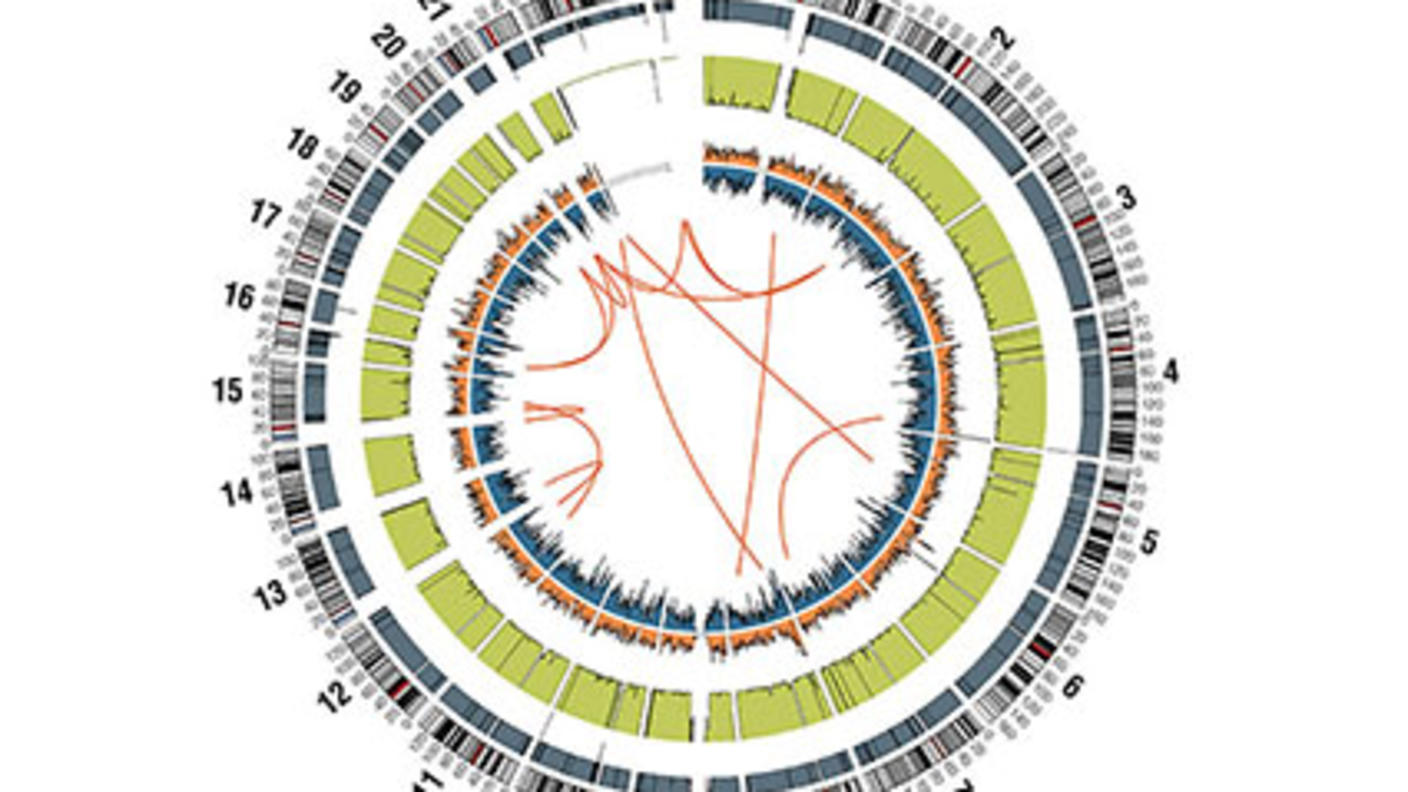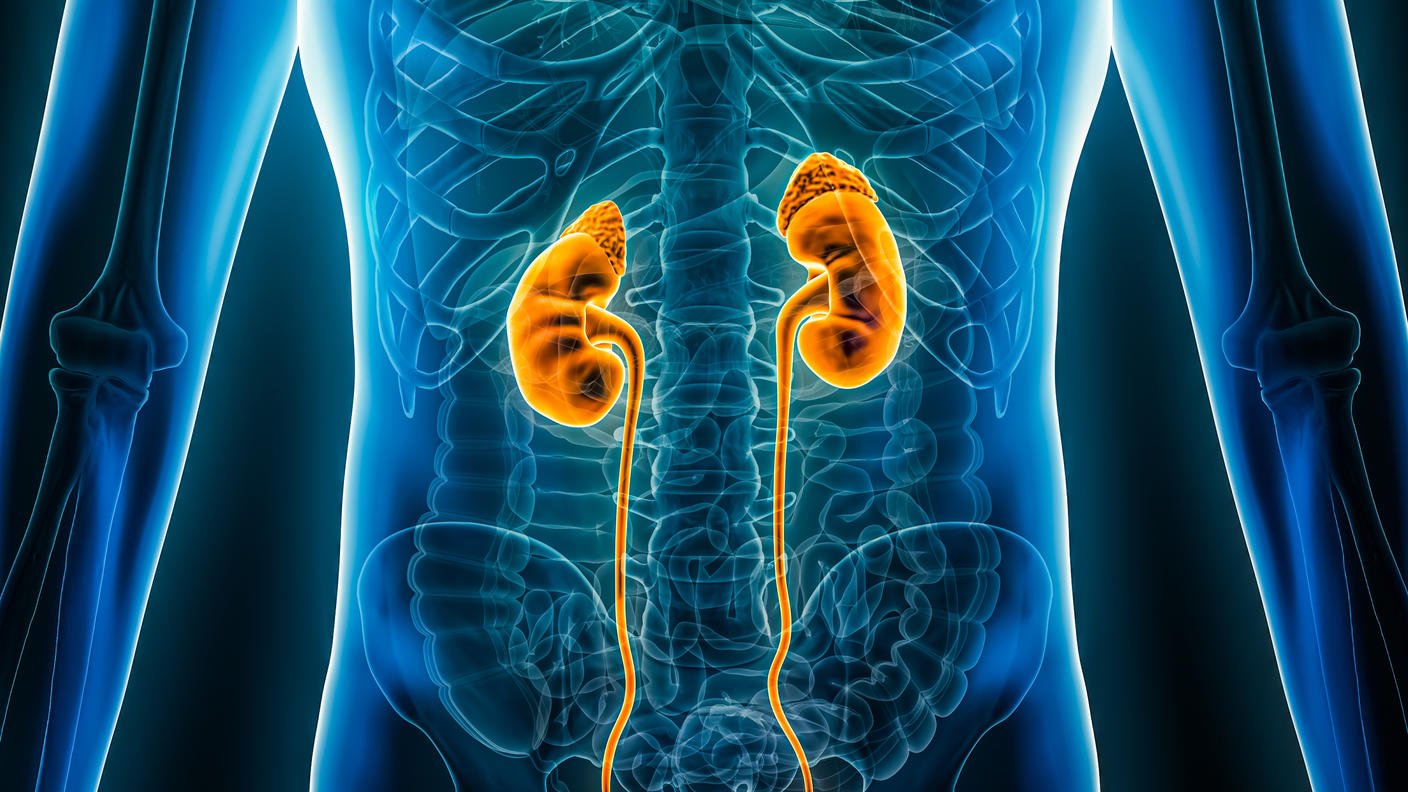DCEG researchers actively investigate the role of common and uncommon inherited variations in the genetic code associated with risk of cancer. This work is carried out using biological samples from study participant and techniques like genome-wide association studies, whole genome scans, and new and emerging technologies and methods.
Examples of studies include:
Genetic Susceptibility and Brain Tumors
Study of common genetic variation associated with risk for brain tumors
Breast Cancer Among Asian Women
A study to identify distinct molecular alterations in tumors and adjacent normal tissues, and associations of these molecular changes with genetic and environmental risk factors, tissue composition and density, and cancer subtypes.
Breast Cancer Case-Control Study in Poland
A population-based case-control study of breast cancer in Poland that combines state-of-the art techniques of exposure assessment and collection of biological specimens
Breast Cancer Detection Demonstration Project Follow-up Study
A follow-up study of women who were participants in the Breast Cancer Detection Demonstration Project
Genome-wide Association Study of Kidney Cancer
Investigators are leading GWAS to identify genes affecting our susceptibility to this malignancy
Familial Melanoma Studies
A search for new genes associated with melanoma susceptibility in melanoma-prone families
PanScan Study
A multi-stage genome-wide association study (GWAS) of pancreatic cancer launched to identify the genetic variants that predict pancreatic cancer risk
Ovarian and Endometrial Cancer Case-Control Study in Poland
A study of common inherited variation associated with risk of ovarian cancer, carried out using data and biospeciments from a population-based case-control study of ovarian and endometrial cancer conducted among female residents of Warsaw and Lodz (Poland).
RASopathies Study
A clinical study that aims to better understand the development of tumors in patients with a RASopathy syndrome, which is a condition or disorder caused by changes in genes that send signals across the Ras/mitogen-activated protein kinase (Ras/MAPK) pathway.
Upper Gastrointestinal Cancer Genetic Studies in Shanxi Province, China
Studies initiated to look for major susceptibility genes for upper gastrointestinal cancers and to identify the genetic changes associated with their development

